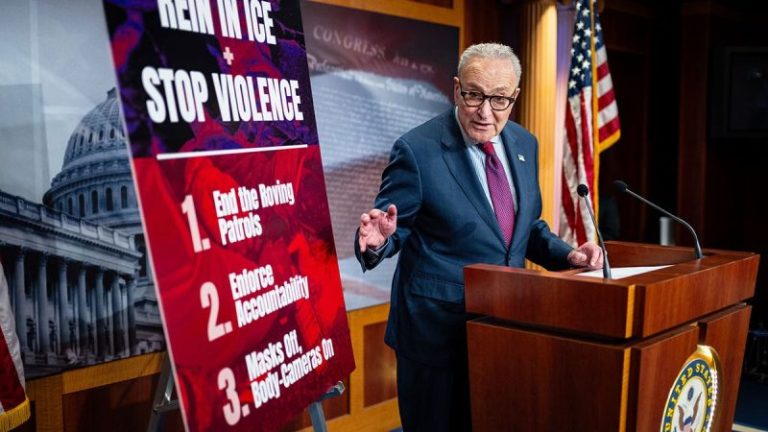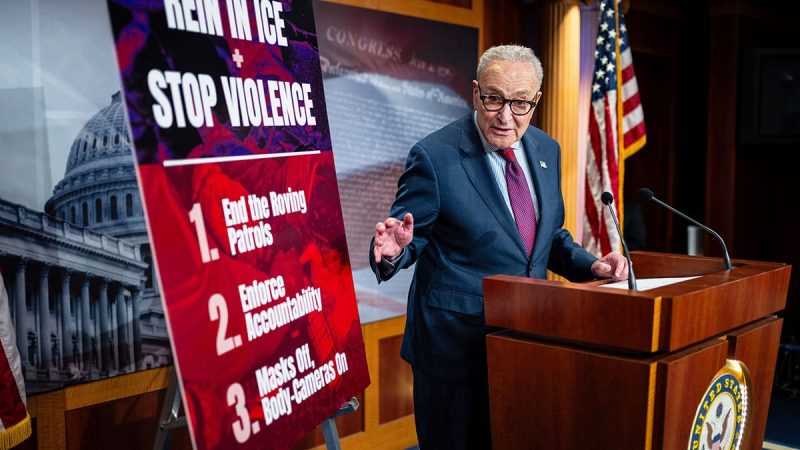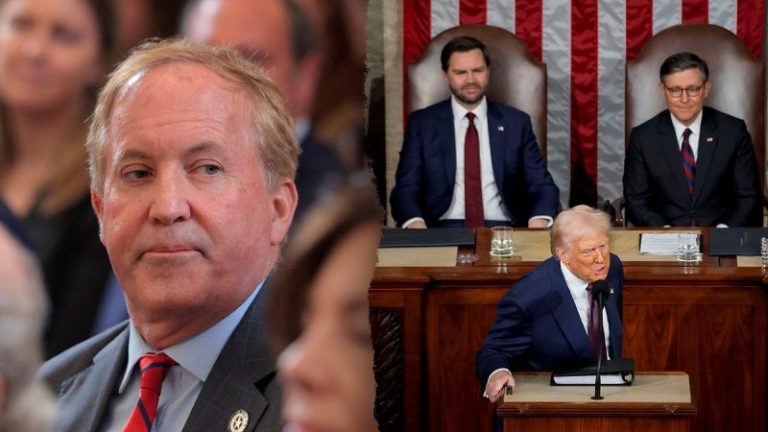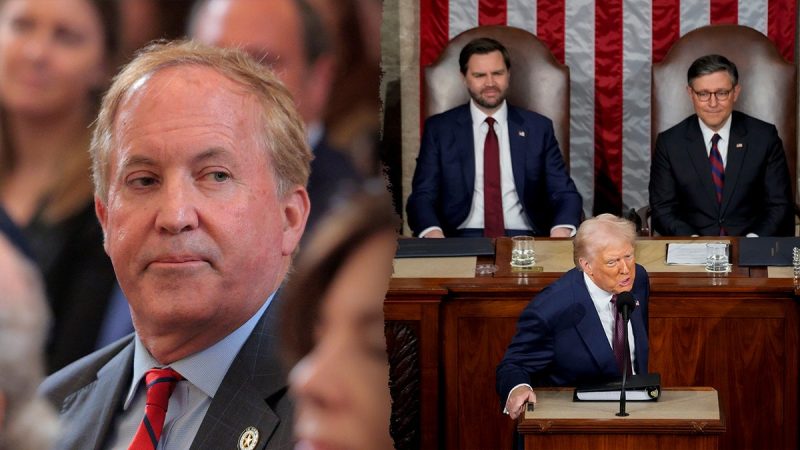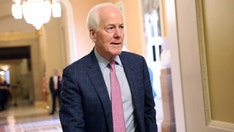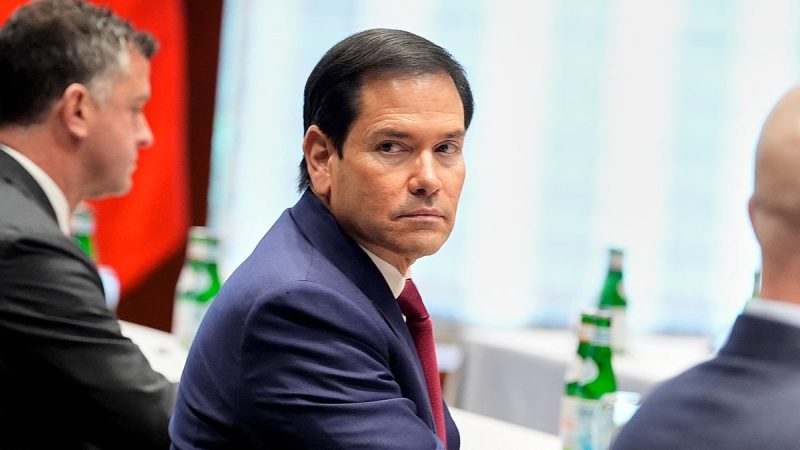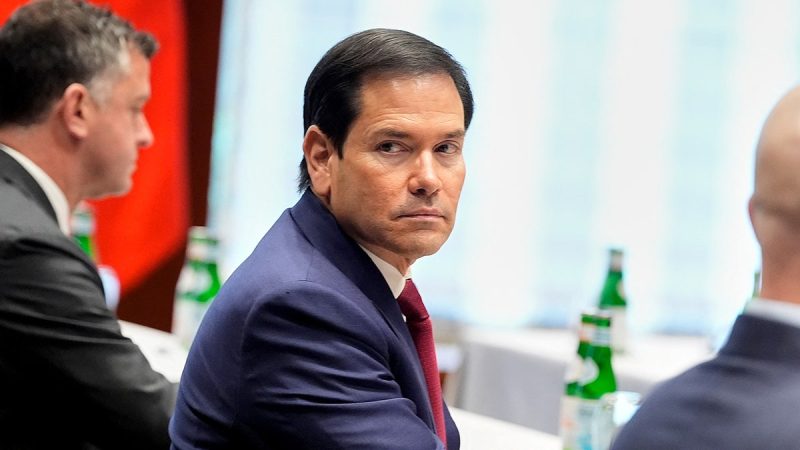
The Mexican government said the security situation in the western state of Jalisco has ‘stabilized’ after an explosion of cartel-linked violence following the death of kingpin Nemesio Rubén Oseguera Cervantes, known as ‘El Mencho.’
The Embassy of Mexico in the United States said federal and state authorities were working to normalize conditions after the unrest, reopening transit corridors and restoring public services following targeted operations.
The update comes as the State Department’s travel advisory for Mexico remains in effect at a heightened level of caution, while flight cancellations and transportation disruptions stranded some travelers in popular destinations such as Puerto Vallarta and Guadalajara. Hundreds of Americans remain stranded in Mexico following the violence.
‘The security situation has now stabilized following targeted operations in Jalisco,’ the embassy said in a post on X. ‘Federal and state authorities are proceeding to reopen transit corridors and restore public services smoothly.’
The embassy said airline operations were returning to normal and that international carriers were resuming flights. Puerto Vallarta International Airport has reopened to domestic traffic, according to the statement.
‘If traveling through Jalisco, some local security measures remain in place, while authorities are restoring airport operations to full capacity,’ the embassy added.
Officials said they were coordinating with international partners ‘to ensure safety and stability at all transit hubs and tourist destinations.’
The statement described the operation as part of ‘a broader national effort that has produced a sustained decrease in violence across Mexico in recent months.’
According to the State Department’s official website, Mexico is currently under a Level 2 ‘Exercise Increased Caution’ travel advisory due to risks including crime and kidnapping. The advisory notes that violent crime and organized criminal activity remain concerns for U.S. citizens traveling in the country.
Certain Mexican states carry higher risk levels, with some areas classified as Level 3 ‘Reconsider Travel’ or Level 4 ‘Do Not Travel,’ depending on local conditions. Jalisco — where the recent violence occurred — has previously been listed among states with elevated advisory levels, though the State Department notes that risk can vary by region.
The advisory urges U.S. citizens to take precautions similar to those required of U.S. government employees, including avoiding intercity travel at night, using regulated transportation services and remaining aware that emergency services may be limited in some areas.
The State Department said it had received hundreds of calls on its 24/7 crisis hotline as Americans sought assistance following the violence.
Mexican authorities said Oseguera Cervantes was killed Sunday during an operation aided by U.S. intelligence.
The cartel responded by setting vehicles on fire and erecting roadblocks throughout Guadalajara, the state capital. The city’s international airport operated at limited capacity as violence gripped the area.
The U.S. State Department had previously offered up to $15 million for information leading to his arrest or conviction, describing him as ‘one of the most wanted fugitives in Mexico.’




